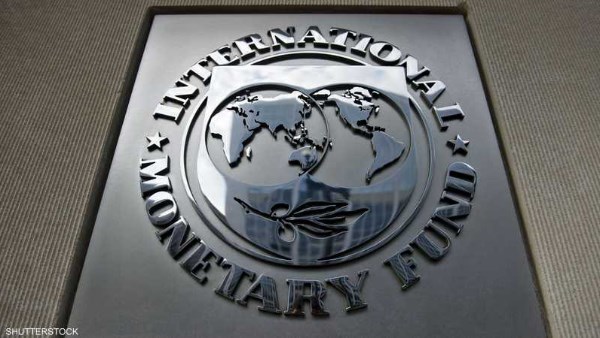
Brent crude futures fell 43 cents, or 0.6%, to $69.24 a barrel
Oil falls as OPEC+ output hike adds to oversupply concerns

Oil prices fell to their lowest in a week on Monday after OPEC+ agreed to another large output increase in September, adding to oversupply concerns after U.S. data showed lacklustre fuel demand in the top consuming nation.
Brent crude futures fell 43 cents, or 0.6%, to $69.24 a barrel by 11:39 a.m. ET (1539 GMT), while U.S. West Texas Intermediate crude declined by 48 cents, or 0.7%, to $66.85 a barrel.
Both contracts were down more than 2% earlier in the session and hit the lowest in a week, after declining close to 3% on Friday.
The Organization of the Petroleum Exporting Countries and its allies, together known as OPEC+, agreed on Sunday to raise oil production by 547,000 barrels per day (bpd) for September.
The latest in a series of accelerated output increases aimed at capturing market share was in line with market expectations and marks a full and early reversal of the group's largest tranche of output cuts, amounting to about 2.5 million bpd, or about 2.4% of global demand.
While the group cited healthy market fundamentals to back its decision, data released by the U.S. government last week showed the weakest gasoline demand in May, the start of the country's summer driving season, since the COVID-19 pandemic of 2020.
The data also showed U.S. oil production at a monthly record in May, adding to global oversupply concerns.
Oil traders are now hedging for the possibility of further supply increases from OPEC+, with potential discussions to unwind a further 1.65 million bpd of cuts at the group's next meeting on September 7 adding pressure to oil prices.
"OPEC+ retains a substantial amount of spare production capacity, and markets are now watching closely to see whether the group will tap into it," StoneX analyst Alex Hodes said.
"So far, there are no clear signals that OPEC+ intends to deploy this additional capacity, but the possibility remains on the table," he added.
Analysts at Goldman Sachs expect that the actual increase in supply from the eight OPEC+ countries that have raised output since March will be 1.7 million bpd because other members have cut output after overproducing.





-1120252475029447.jpg)















